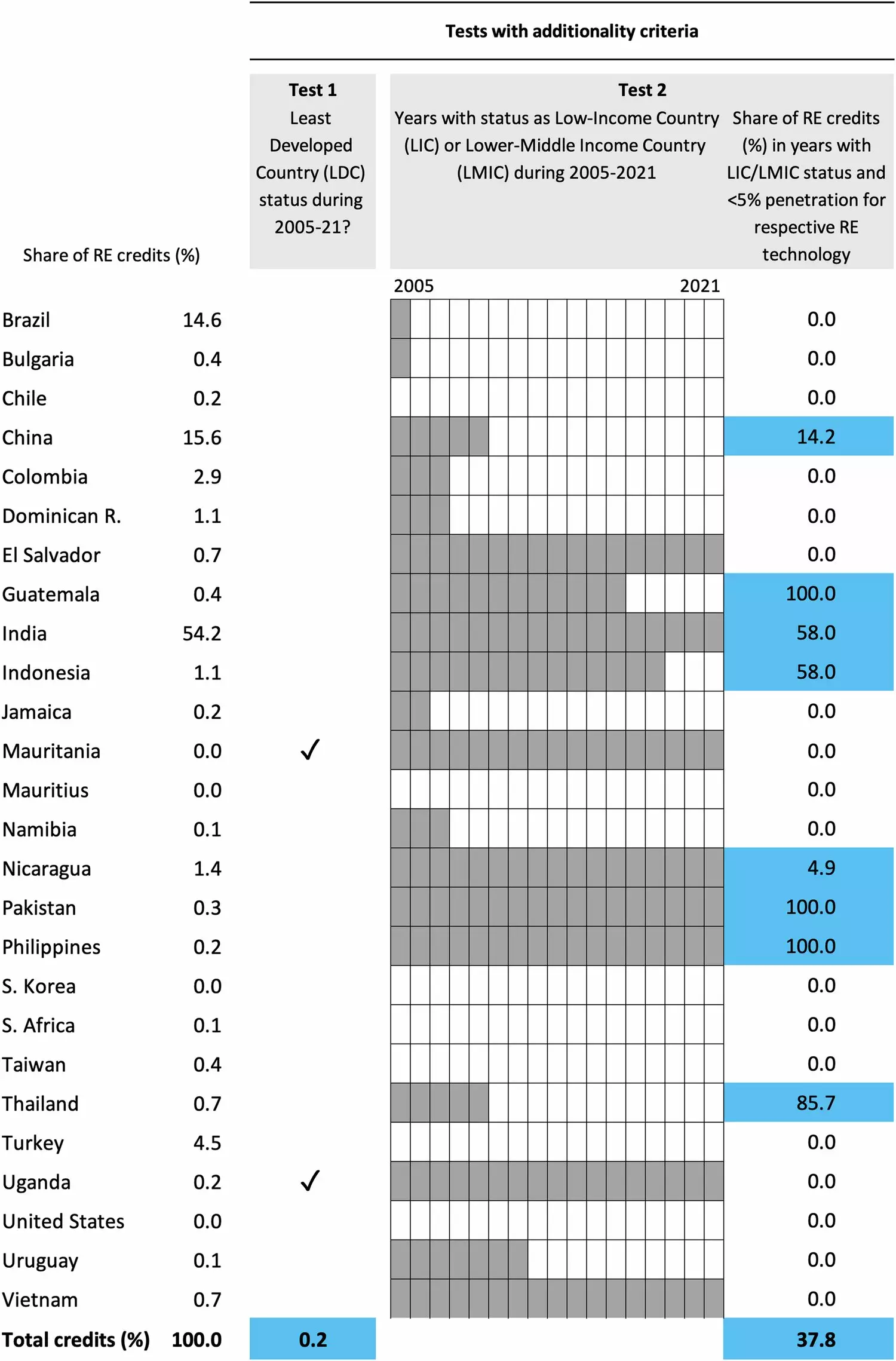In recent years, the narrative surrounding corporate responsibility and sustainability has gained substantial traction, with many companies proclaiming their commitment to carbon reduction or achieving carbon neutrality. However, a study conducted by researchers at Kyoto University reveals that these claims may often be overstated or even misleading. Their investigation into the voluntary carbon market (VCM) highlights a concerning trend: many of the largest companies, including prominent oil firms, airlines, and automotive manufacturers, are relying heavily on low-quality carbon credits to meet their offsetting targets.
The Kyoto University study scrutinizes the practices of the 20 corporations that have retired the most offsets from the VCM between 2020 and 2023. These companies, which together are responsible for over 20% of all carbon offsets retired globally, predominantly choose lower-cost options that frequently fall short of reputable quality standards. Lead author Gregory Trencher points out that many carbon offset projects are inadequate in their actual emissions reduction outcomes, casting serious doubt on the legitimacy of the offsets these corporations are purchasing.
Many companies have strategically opted for cheap offsets originating from older projects, often instituted a decade or more prior. This strategy raises significant ethical and practical questions about the efficacy of carbon offsetting as a climate solution. By investing in outdated projects instead of funding innovative and effective climate mitigation initiatives, these corporations inadvertently foster an illusion of progress while contributing little to meaningful advancements in sustainability.
Alarmingly, it is noteworthy that nearly all the companies examined have set net-zero climate targets and market their services as “climate neutral.” This deceptive portrayal buttresses the growing suspicion of “greenwashing,” where companies create a facade of environmental responsibility without enacting substantial changes to their operations or carbon footprints. Trencher emphasizes that these practices do little to effectuate real transformation within corporate supply chains or energy technologies.
The implications of this study raise crucial questions for consumers, investors, and policymakers. Should we trust labels of sustainability from corporations that seem more focused on maintaining profitability than genuinely addressing climate change? The findings challenge the notion that participation in the VCM is a viable alternative to implementing rigorous government policies aimed at transforming business practices.
Ultimately, the limitations of current offsetting practices underscore the pressing need for stronger regulatory approaches to drive meaningful climate action. Trencher argues that without robust government mandates enforcing substantial changes in energy consumption and emission reduction among major polluters, claims of carbon neutrality—bolstered by unreliable carbon offset credits—will remain inadequate and misleading.
While the concept of carbon neutrality may be appealing, it is imperative that stakeholders remain vigilant in examining the integrity of the actions taken by corporations. The study from Kyoto University serves as a critical reminder that genuine progress in combating climate change requires transparent and accountable practices, rather than superficial claims backed by questionable measures. To navigate towards a sustainable future, we must insist on fostering genuine transformation in corporate climate agendas, rather than settling for window dressing that ultimately serves to obscure the reality of their environmental impact.

